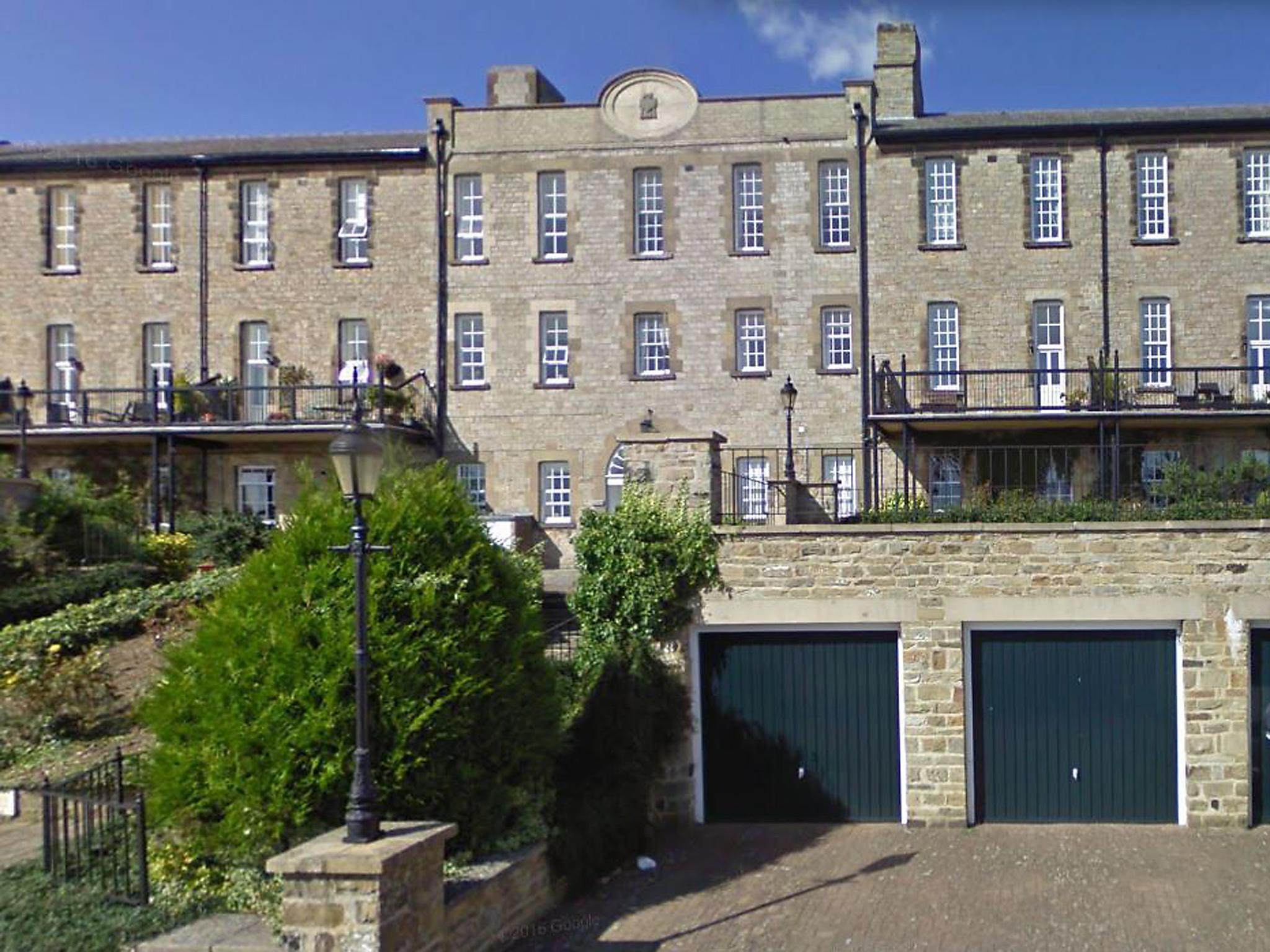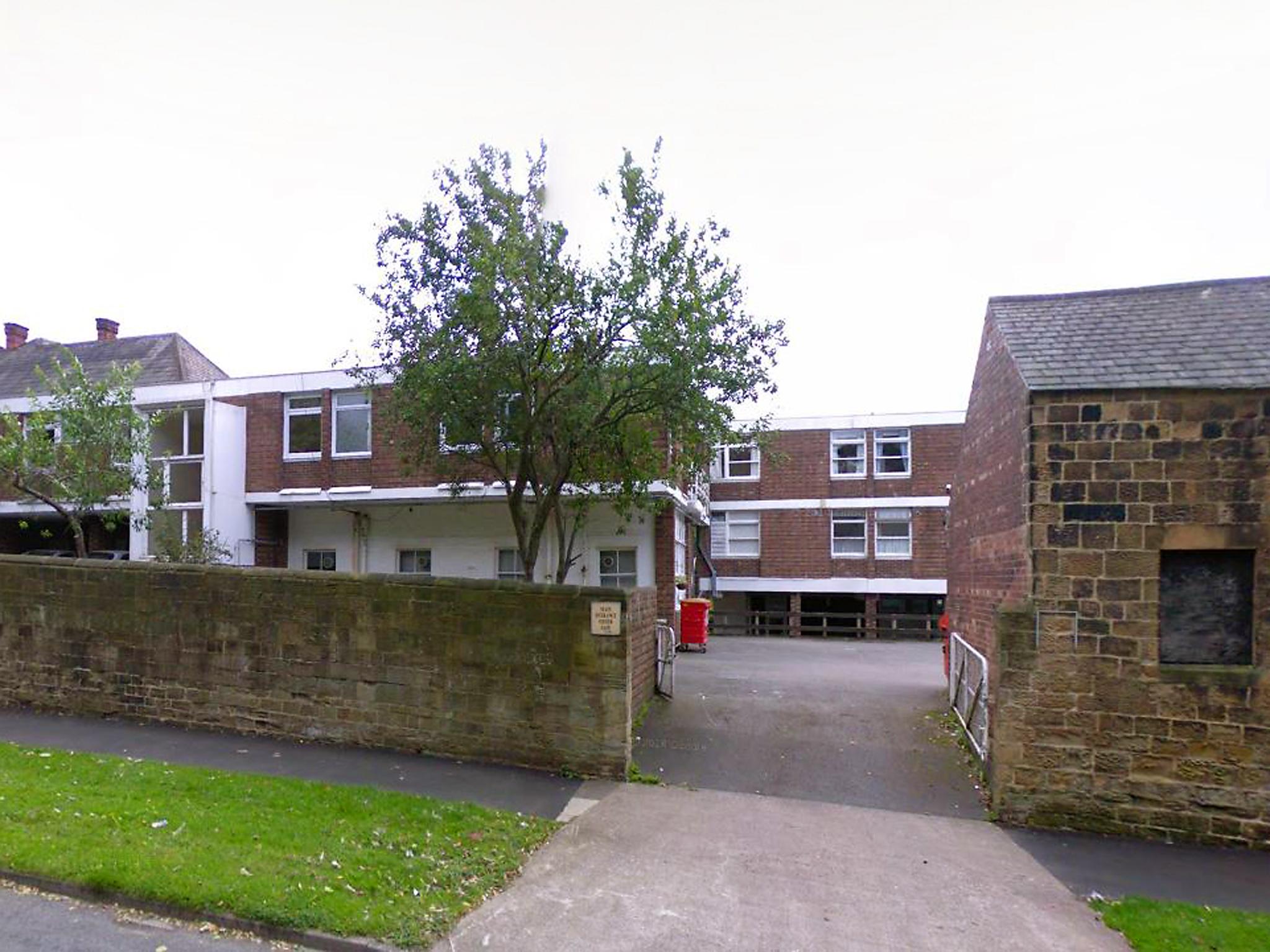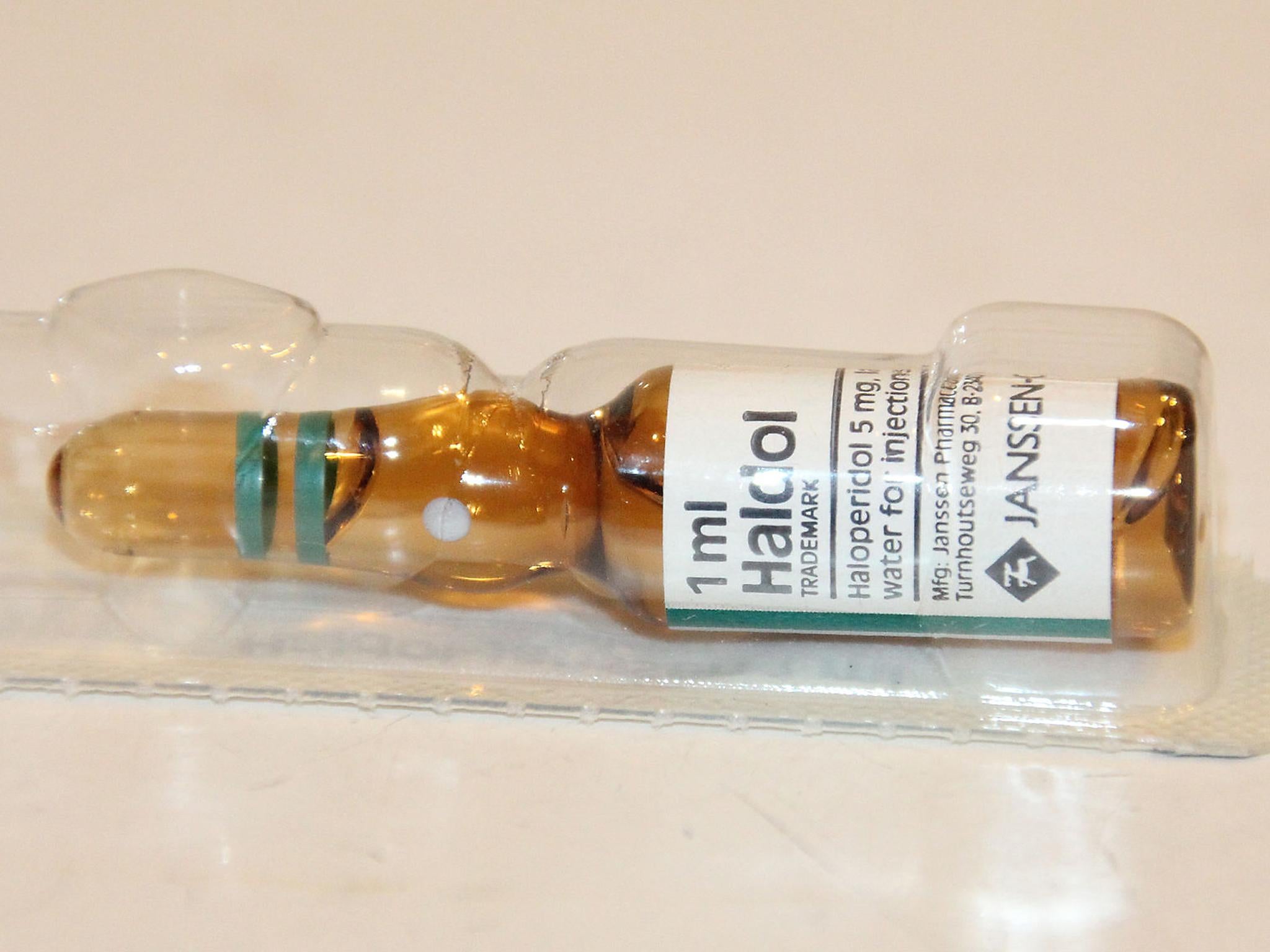Young offenders ‘put on experimental drug trial without parents being told’
Boys who were 'impulsive, explosive, irritable, restless and aggressive' subected to test, files reveal

Children at a school for young offenders were given drugs in an experimental trial approved by Home Office doctors in the 1960s, it has been reported.
National Archive files show that disruptive boys at Richmond Hill Approved School in North Yorkshire were given the anticonvulsant drug Beclamide for six months to see if it would control their behaviour.
The trial went ahead without their parents being consulted, the BBC reported.
Home Office doctors also approved a similar trial of the powerful sedative Haloperidol on girls at Springhead Park Approved School in Rothwell near Leeds, but it did not go ahead.
Approved schools cared for children who had been sent to them by the juvenile courts for committing crimes or because they were deemed beyond parental control. The schools were funded and inspected by the Home Office.
According to the BBC investigation, in late 1967 Dr JR Hawkings, a psychiatrist with Richmond Hill, wrote to the Home Office asking permission to conduct a drug trial on boys who were “impulsive, explosive, irritable, restless and aggressive”.
He wanted to give them a drug called Beclamide, an anticonvulsant which is no longer widely in use.
Dr Hawkings said this would be “a perfectly normal and legitimate therapy for certain types of disturbed adolescent”, but he admitted it had not been widely tested on such boys.

There is no indication the trial was discussed or explained to the boys involved, and it was decided not to consult their parents, according to the BBC.
Home Office psychiatrist Dr Pamela Mason approved of Dr Hawkings's plan and wrote on 1 November1967: “I would recommend maximum support for this project.”
According to notes on the file, the six-month trial went ahead in 1968, but there is no record of the outcome.
Bob Hammal, a teacher at Richmond Hill between 1968 and 1972, said he did not know about the trial at the time and is appalled.
He said: “What really did shock me more than anything was that parental consent was not sought and was not thought to be necessary by the powers-that-be.”
Soon after the trial was given the go-ahead another was proposed at Springhead Park.
School psychiatrist Dr Joyce Galbraith wrote to Dr Mason in November 1968, saying she was concerned about the tone of Springhead Park and suggesting giving Haloperidol to every girl for 18 weeks.

She wrote: “My suggestion is that we should try some form of drug trial to see if, by allaying the anxiety of the girls chemically, we might perhaps settle the school a little bit more, and give the staff an opportunity to put their own house in order.”
Dr Mason supported the plan, writing: “I think this sounds a valuable treatment approach to the very real problems that arise from the special nature of girls in residence and in particular the problems presented by younger immature disturbed adolescent girls.”
The files show that Shelagh Sunner, headmistress of the school between 1966 and 1982, blocked the trial.
She told the BBC: “They weren't mentally sick kids... They needed to work through their emotions”.
The trials were small-scale and involved drugs that were established, although their effect on troubled teenagers was not.
PA
